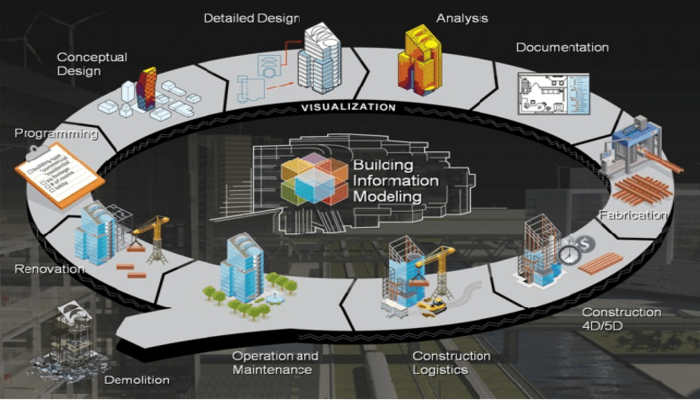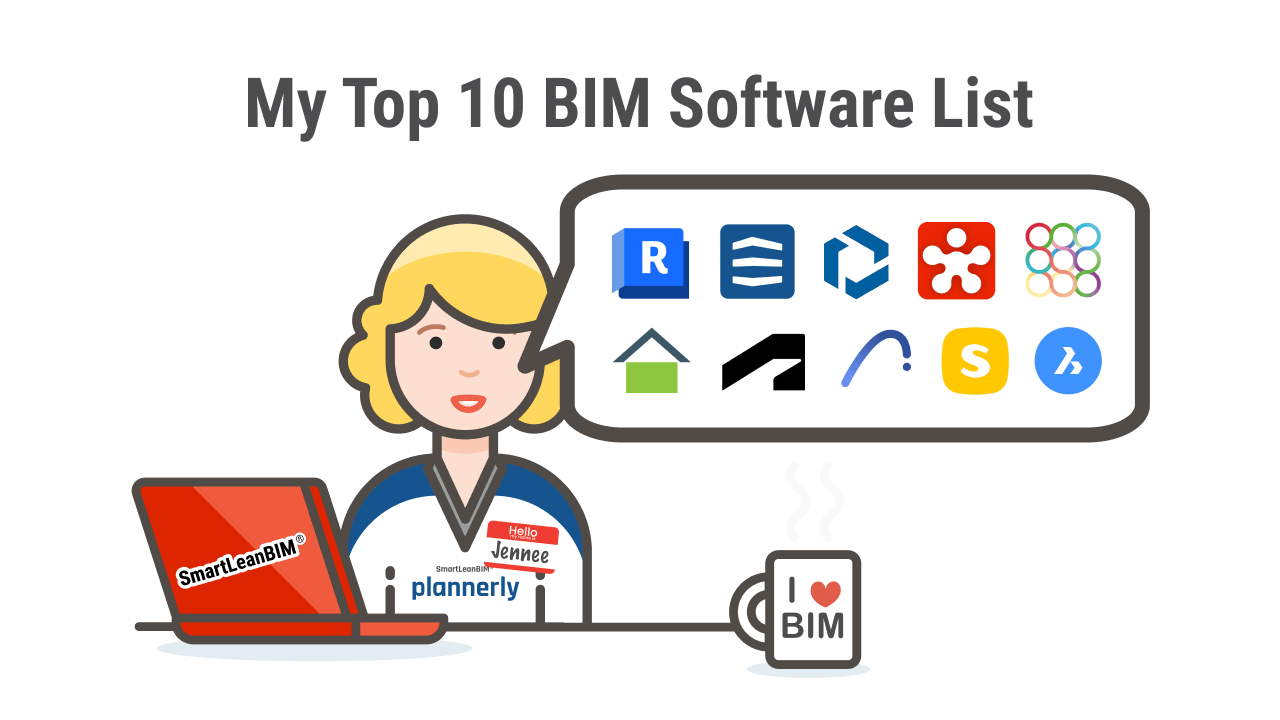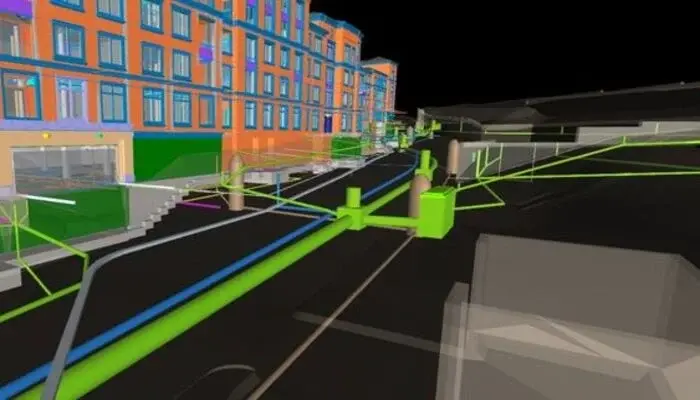
With the construction industry fast transitioning to digital, a BIM Coordinator's work is more central than ever. Professionals fill the intersections among the architecture, structural, and MEP disciplines with federated models and clash detection workflows.
The skyrocketing global BIM market demonstrates the increased significance of the role, which is estimated to increase production from $8 billion in 2026 to $14.8 billion in 2029, at a CAGR of 13.1%. This abrupt rise indicates a severe shortage of qualified individuals who can redirect digital change in the construction industry.
The future of designing, building, and running a construction project is that it will be impossible to be competitive in 2026 without a BIM Coordinator course or certificate. You may still be young on your BIM journey, or you may be looking to one day take over the global leadership scene; the right kind of training can bring you higher in terms of technical and project coordination.
These certified BIM coordinator programs will get you to succeed, quickly and efficiently, in digital construction: build on your knowledge of Revit and Navisworks, train yourself to elevate the ISO 19650 and international standards, become a maniac of coordination, and mobilize your team around you.
Why Do BIM Coordinators Need to Upskill in 2026
The BIM Coordinator role description has evolved. Today, a coordinator is supposed to be the director of the collaboration workflow, manager of multidisciplinary inputs, and adhere to world standards. In contrast, previously, a coordinator was mainly concerned about software execution. Over 65 per cent of all new building constructions in the USA currently utilise the BIM workflows concept in facility management. This means the BIM Coordinators assume a central role in decision-making.
That is why upskilling in 2026 is essential:
- Technology Advancements: software, such as BIM 360, Revit, Navisworks, and Dynamo, is developing quickly. Keeping up to date regarding coordination and efficiency at work is critical.
- Global Certifications Matter: Holding a recognized certification or completing a BIM certification for professionals enhances credibility in international projects.
- Better Job Prospects: Many platforms now offer BIM courses with placement, increasing your chances of landing strategic roles in architecture, infrastructure, or real estate firms.
- The Higher Standards: BIM Coordinators are now supposed to be familiar with the openBIM standards, should coordinate the issue-tracking, as well as the model-based decision-making, thus the constant learning is paramount.
Top 5 BIM Coordinator Online Courses and Certifications (2026)
Explore the most recommended BIM coordinator online courses and certifications in 2026, tailored to boost your skills in Revit, Navisworks, clash detection, and BIM project management.
|
Course Name |
Provider |
Duration |
Focus Areas |
Best For |
|
Building Information Modeling (BIM) Professional Course for Civil Engineers |
Novatr |
7 Months |
Revit and Navisworks training, Clash Detection, ISO 19650, Dynamo |
Mid-level BIM Coordinators seeking role-specific expertise |
|
Autodesk Certified Professional: Revit for Architectural Design |
edX (Autodesk) |
5 Weeks |
Revit Modeling, Documentation, Collaboration |
Beginners aiming for software certification |
|
edX (PU) |
5 Weeks |
BIM Concepts, IFC, Project Setup |
Starters transitioning into BIM roles |
|
|
UCLA Extension |
11 Weeks |
BEP Drafting, Coordination, Project Delivery |
Professionals pursuing BIM Manager roles |
|
|
LinkedIn Learning |
2–3 Hours |
Autodesk Construction Cloud, Field Coordination |
Working professionals using cloud-based tools |
The following are the recommended BIM courses for coordinators need to take to enhance their competencies and improve their credentials.
1. Novatr – BIM Professional Course for Civil Engineers
Novatr’s Professional Course for Civil Engineers is tailored specifically for BIM Coordinators aiming to future-proof their skills. This online course for BIM Coordinators goes beyond tool training—it provides real-world workflows, clash detection strategies, and ISO-compliant documentation processes.
Learners gain advanced knowledge in Revit and Navisworks training, Synchro, Dynamo, Solibri, and more. The curriculum also emphasizes bim coordinator qualifications, enabling you to work in large infrastructure projects, commercial real estate, and global AEC firms.
Course Highlights:
- Hands-on coordination projects
- Final capstone aligned with ISO 19650
- Dedicated mentorship and career guidance
- Strong alumni network and job referrals
- Suitable for learners exploring BIM courses with placement
2. Autodesk Certified Professional: Revit – edx
It has been among the most widely accepted BIM certifications among people working in Revit. It is a course available through edX and sponsored by Autodesk, and it is aimed at preparing learners to take the Revit Certification exam.
This course is perfect for individuals with little or no knowledge of BIM or those seeking professional completion of their technical training and degrees. It forms the foundation of difficult BIM coordination work.
What you’ll learn:
- Documentation Developed modelling
- Teaming up in Revit settings
- Model audit and review support tools
Great for candidates who want to solidify the bim coordinator qualifications required in entry-level or mid-level roles.
3. BIM Fundamentals for Engineers – edX (NTU)
This basic course on Purdue University on edX provides training on the fundamentals of BIM. Dedicated to interdisciplinary cooperation, it describes how various engineers achieve collaboration within a single digital model via an open standard such as IFC.
It is also best suited to engineers at the start of their career or engineers/students transitioning to BIM, giving them a basic level of knowledge regarding the advantages of BIM coordination- e.g. cost reduction, risk avoidance, and time savings.
4. Certificate Program in BIM Management – UCLA Extension
This extended certificate targets mid-career professionals who already know what a BIM coordinator role description should be and would like to develop into managerial positions. It equips you to start supervising a team and working directly with clients, as it covers the BIM execution planning, EIRs, project audits, and other management processes.
It is suitable for anyone who wants to move out of technical and into strategic roles, and along the global front, where they need in-depth BIM coordination certificates.
5. BIM 360: Construction Collaboration – LinkedIn Learning
Compact, specialised, and applied, this course was designed to be taken by current professionals operating with the Autodesk Construction Cloud services, such as BIM 360 Docs, Field, and Coordinate. You will get to know how to:
- Produce and operate cloud-based models
- Apply approval and workflows to issue tracking.
- Manage real-time changes on teams
Although it is not a complete BIM coordinator certification, it is an ideal skill builder for BIM professionals who already work in a BIM setting and want to work in cloud-based BIM coordination.
Conclusion
Whether you’re a recent graduate or a site engineer shifting to digital roles, becoming a BIM VDC Coordinator offers a high-growth career in modern construction. This role combines software skills, team coordination, and digital project management to streamline building processes.
Begin by taking an applicable degree or diploma, then upskill it with tools such as Revit, Navisworks and BIM 360. When you get a BIM VDC certification and create a project portfolio, it increases your credibility. The Building Information Modelling (BIM) Professional Course for Civil Engineers by Novatr is one example of a highly-rated offering in the marketplace by an institution offering industry-ready training to learners.
Stay ahead by exploring expert resources and guidance via our resource page your roadmap to shaping the future of digital construction.
Was this content helpful to you



.jpg)







